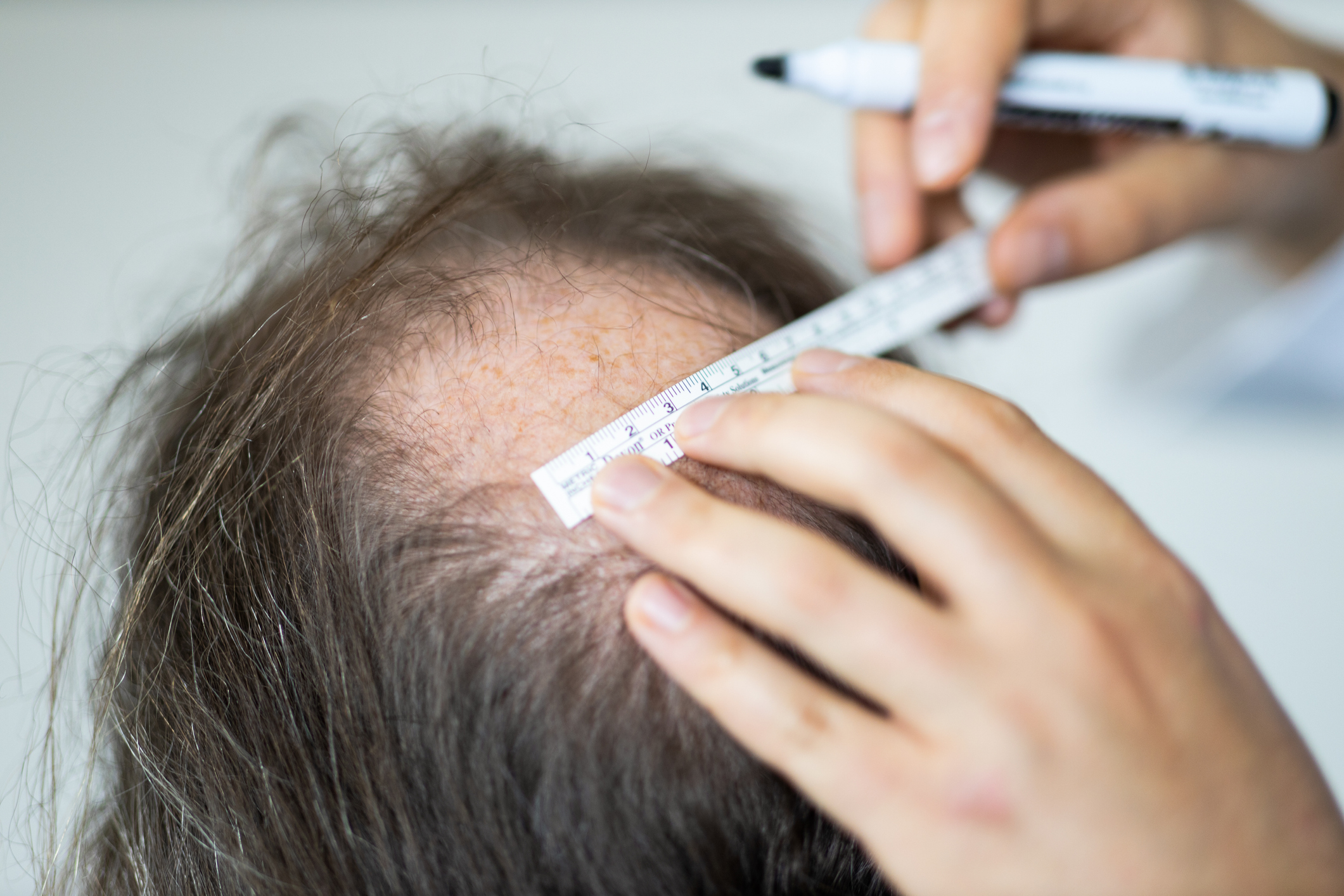Spotting the Signs Early: Why a Bipolar Test Can Change Your Life
Bipolar disorder is a complex mental health condition that affects millions of individuals worldwide. Recognizing the signs and symptoms of bipolar disorder early on can significantly impact treatment outcomes and overall quality of life. This is where the importance of a bipolar test comes into play, offering a valuable tool for early detection and intervention.

What is a bipolar test and how does it work?
A bipolar test is a comprehensive assessment designed to evaluate an individual’s mental health and identify potential signs of bipolar disorder. These tests typically involve a combination of questionnaires, interviews, and medical evaluations conducted by mental health professionals. The process aims to gather information about a person’s mood patterns, energy levels, sleep habits, and other relevant factors that may indicate the presence of bipolar disorder.
Why is early detection of bipolar disorder crucial?
Early detection of bipolar disorder is vital for several reasons. Firstly, it allows for timely intervention and treatment, which can help manage symptoms more effectively and prevent the condition from worsening. Secondly, early diagnosis can reduce the risk of complications associated with untreated bipolar disorder, such as substance abuse, relationship problems, and financial difficulties. Lastly, recognizing the condition early on empowers individuals to take control of their mental health and make informed decisions about their treatment options.
What are the common signs and symptoms of bipolar disorder?
Bipolar disorder is characterized by alternating episodes of mania (or hypomania) and depression. During manic episodes, individuals may experience:
-
Increased energy and activity levels
-
Decreased need for sleep
-
Racing thoughts and rapid speech
-
Impulsive or risky behavior
-
Inflated self-esteem or grandiosity
Depressive episodes, on the other hand, may involve:
-
Persistent feelings of sadness or hopelessness
-
Loss of interest in activities once enjoyed
-
Changes in appetite and sleep patterns
-
Difficulty concentrating or making decisions
-
Thoughts of death or suicide
It’s important to note that the severity and duration of these episodes can vary greatly among individuals with bipolar disorder.
How can a bipolar test help in diagnosis and treatment?
A bipolar test serves as a crucial first step in the diagnostic process. By systematically evaluating an individual’s symptoms and experiences, mental health professionals can more accurately identify the presence of bipolar disorder and differentiate it from other mental health conditions. This clarity in diagnosis is essential for developing an effective treatment plan tailored to the individual’s specific needs.
Moreover, bipolar tests can help track the progression of the disorder over time. Regular assessments allow healthcare providers to monitor changes in symptoms, evaluate the effectiveness of current treatments, and make necessary adjustments to ensure optimal management of the condition.
What types of bipolar tests are available in the United States?
In the United States, several types of bipolar tests are available to help diagnose and manage the condition. These include:
-
Mood Disorder Questionnaire (MDQ): A self-report screening tool that assesses the presence of manic or hypomanic symptoms.
-
Bipolar Spectrum Diagnostic Scale (BSDS): A self-assessment tool that helps identify individuals who may fall within the bipolar spectrum.
-
Young Mania Rating Scale (YMRS): A clinician-administered scale used to assess the severity of manic symptoms.
-
Hamilton Depression Rating Scale (HDRS): A widely used tool for evaluating the severity of depressive symptoms.
-
Structured Clinical Interview for DSM-5 (SCID-5): A comprehensive diagnostic interview conducted by mental health professionals to assess various psychiatric disorders, including bipolar disorder.
It’s important to note that while these tests can provide valuable insights, a formal diagnosis of bipolar disorder should always be made by a qualified mental health professional based on a comprehensive evaluation.
How much does a bipolar test cost, and where can you get one?
The cost of a bipolar test can vary significantly depending on the type of assessment and the healthcare provider administering it. In the United States, prices can range from $100 to $500 or more for comprehensive evaluations. Some insurance plans may cover part or all of the cost, depending on the specific policy and circumstances.
Here’s a comparison of some options for obtaining a bipolar test:
| Provider Type | Typical Cost Range | Key Features |
|---|---|---|
| Primary Care Physician | $100 - $200 | Initial screening, referral to specialists if needed |
| Psychiatrist | $200 - $500 | Comprehensive evaluation, diagnosis, and treatment planning |
| Online Mental Health Platforms | $50 - $300 | Virtual assessments, convenience, potentially lower costs |
| Community Mental Health Centers | $0 - $100 | Sliding scale fees based on income, accessible to underserved populations |
| University Research Programs | $0 - $50 | Free or low-cost assessments as part of ongoing studies |
Prices, rates, or cost estimates mentioned in this article are based on the latest available information but may change over time. Independent research is advised before making financial decisions.
In conclusion, a bipolar test can be a life-changing tool for individuals experiencing symptoms of bipolar disorder. By facilitating early detection and accurate diagnosis, these assessments pave the way for timely intervention and effective treatment. Whether through a primary care physician, mental health specialist, or community resource, seeking a bipolar test can be the first step towards better understanding and managing one’s mental health.
This article is for informational purposes only and should not be considered medical advice. Please consult a qualified healthcare professional for personalized guidance and treatment.




